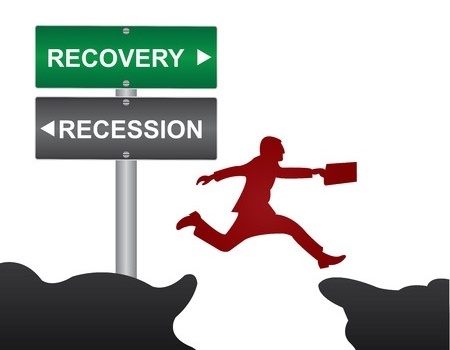The house passed its version of the tax reform bill, and it appears likely that some version will also pass the Senate, giving Republicans a much-needed victory.
Under the Senate’s version, a majority of low-income and many middle-income taxpayers will see their taxes increase over the next 10-years (some would see small decreases in the first year or two).
Raising taxes on American individuals will allow the current administration to drastically reduce the corporate tax rate.
I am often asked if this lower corporate tax rate will boost the stock market. I am more concerned about what happens to stocks if the tax reform bill runs into a surprise ‘no’ vote in the Senate, a la Obamacare repeal.
Stocks are forward-looking – if a company discovers a cure for cancer, the stock price soars immediately, even if it will take years to get the drug to market. Indeed, the tax cuts promised by Trump boosted the stock market immediately upon his election in November 2016. So yes – the promised tax cuts have boosted stocks.
BUT, if the tax cuts are not delivered – that could be bad for stocks.
There are items in the tax bill that might upset or please either side of the political aisle – even liberals. For example, large university endowments such as Harvard will have to start paying a 1.4% tax – currently those billion-dollar funds are non-taxed. New sports stadiums around the world will no longer be able to use public tax-free financing. The infamous carried-interest provision for hedge fund managers is not struck, but they are required to hold investments for 3 years instead of 1 to qualify for the exemption. Conservatives, of course, have the most to cheer about with the elimination of the estate tax and reduction in corporate taxes.
 Overall, the tax bill is probably not big enough to significantly boost GDP. It adds about $150 billion annually to the deficit (the $1.5 trillion number you see in the paper is the total 10-year cost). The deficit last year was $667 billion, so the increase is about 22%. In contrast, the Federal Reserve next year will be pulling about $600 billion annually from the capital markets. So I am much more concerned about possible negative effects from the Fed, than I am on any positive effects from the tax plan.
Overall, the tax bill is probably not big enough to significantly boost GDP. It adds about $150 billion annually to the deficit (the $1.5 trillion number you see in the paper is the total 10-year cost). The deficit last year was $667 billion, so the increase is about 22%. In contrast, the Federal Reserve next year will be pulling about $600 billion annually from the capital markets. So I am much more concerned about possible negative effects from the Fed, than I am on any positive effects from the tax plan.
This material was prepared by Greg Naylor, and all views and opinions within are expressly his. This information should not be construed as investment, tax or legal advice and may not be relied upon for the purpose of avoiding any Federal tax liability. This is not a solicitation or recommendation to purchase or sell any investment or insurance product or service, and should not be relied upon as such. The information is based on sources believed to be reliable, but its accuracy is not guaranteed.
Source: https://www.latimes.com/politics/washington/la-na-pol-essential-washington-updates-lower-income-earners-face-tax-increases-1510846516-htmlstory.html – lower income earners pay higher taxes in the new tax plan
Any opinions expressed herein are solely those of the author, and do not in any way represent the views or opinions of any other person or entity.








